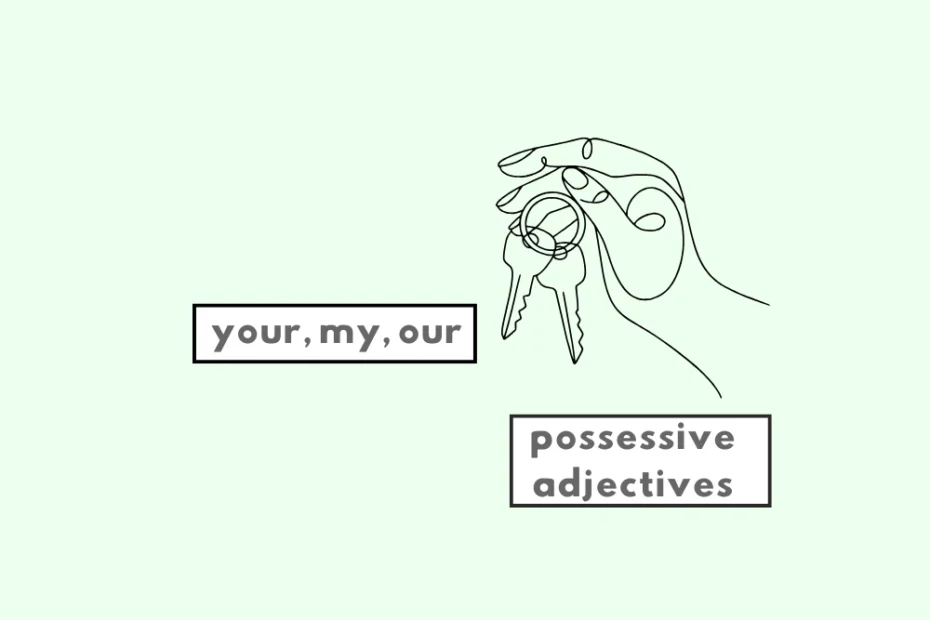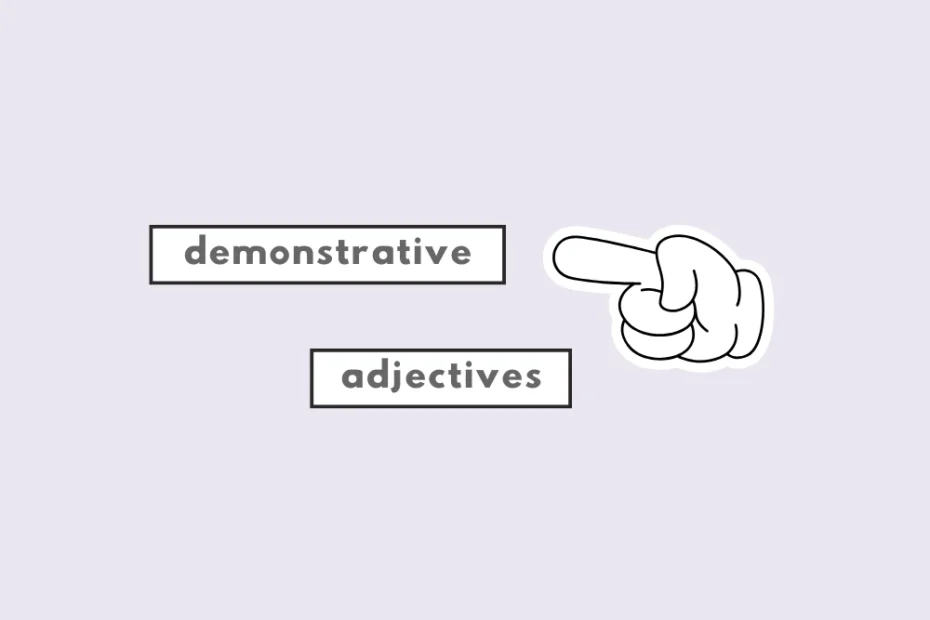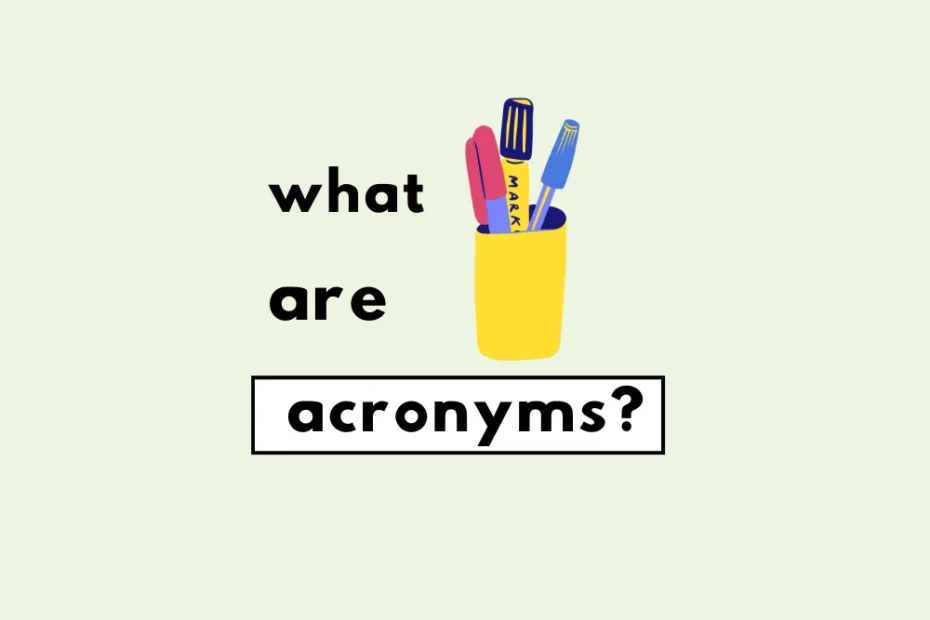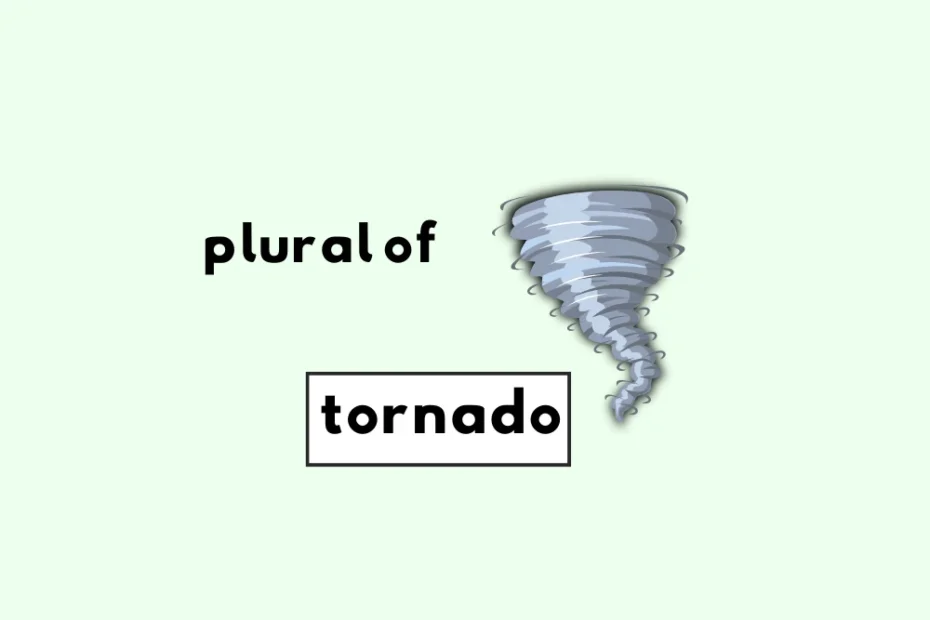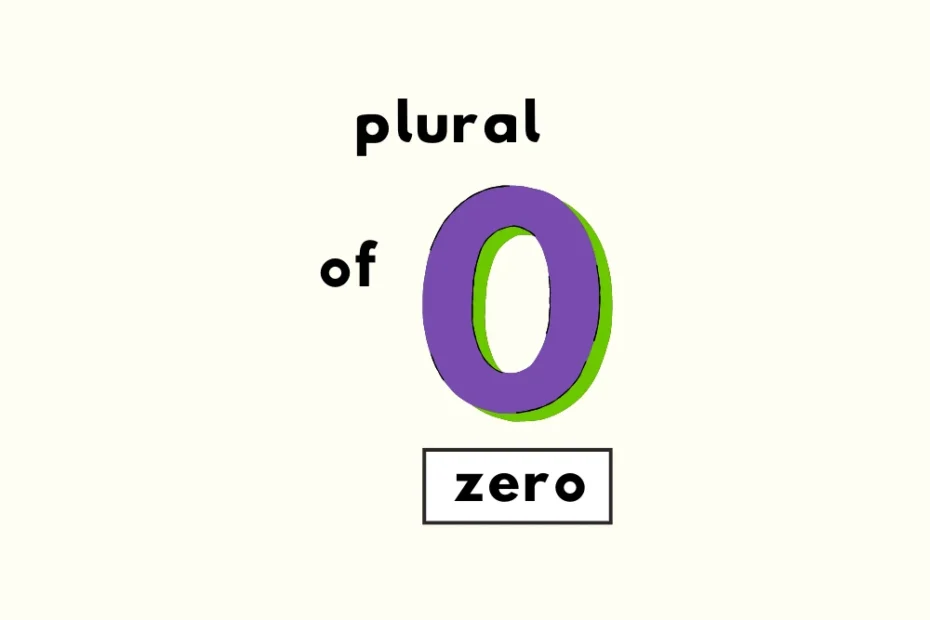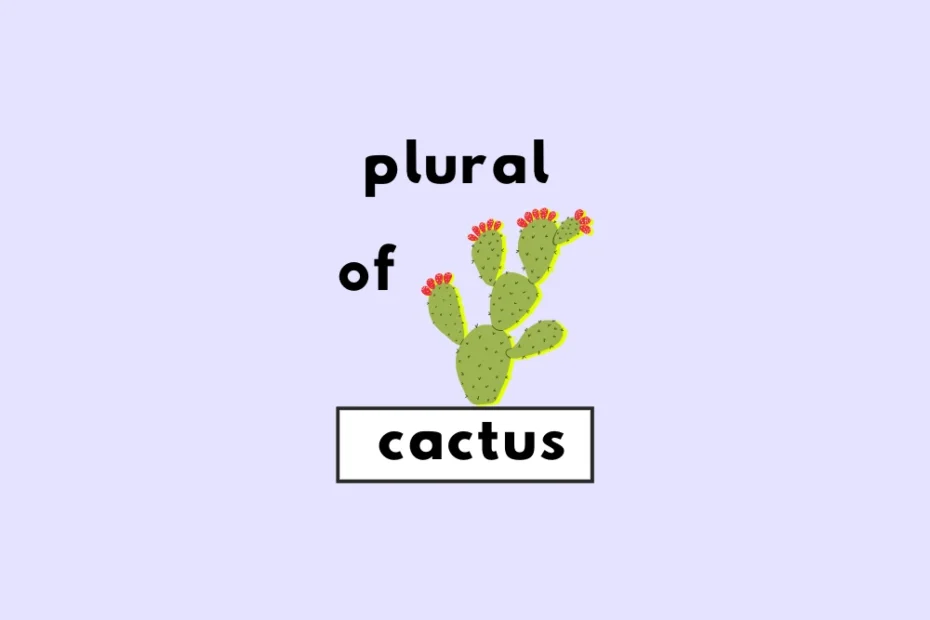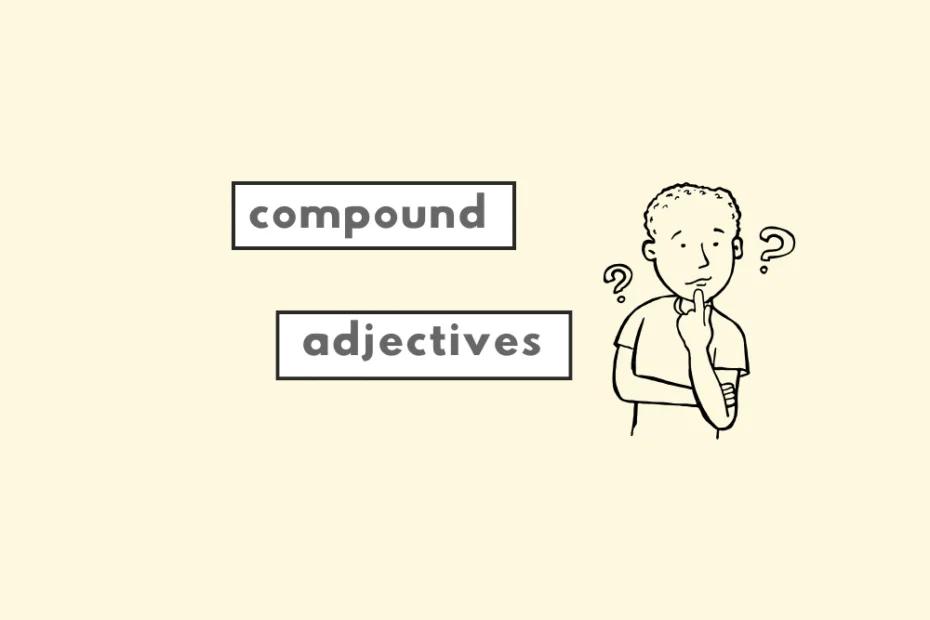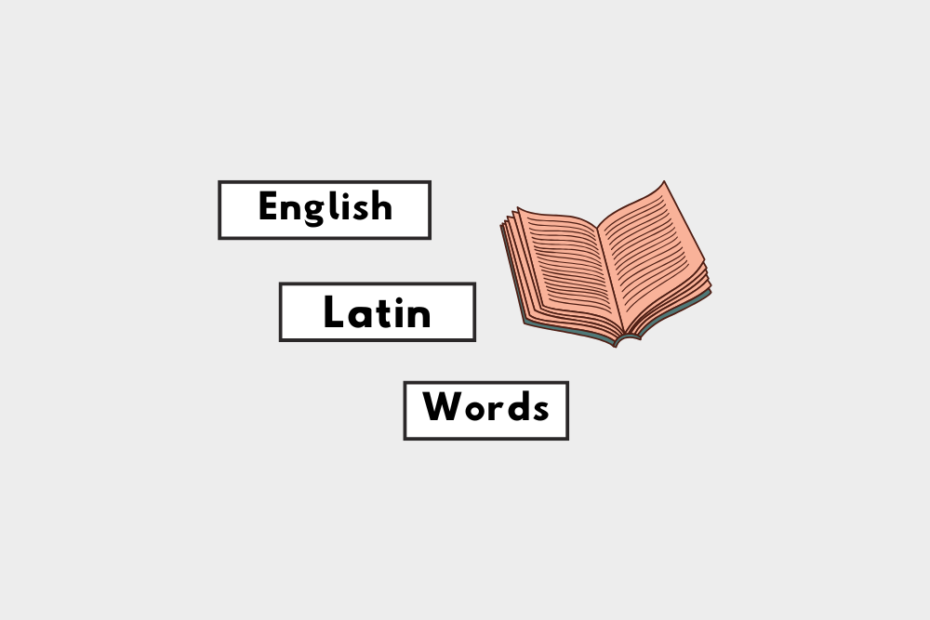When to Use My or Mine (Possessive Adjectives vs. Pronouns)
Compare these sentences: Do they know the restaurant is mine? Do they know it’s my restaurant? My or mine (possessive adjectives vs. possessive pronouns) To… Read More »When to Use My or Mine (Possessive Adjectives vs. Pronouns)

